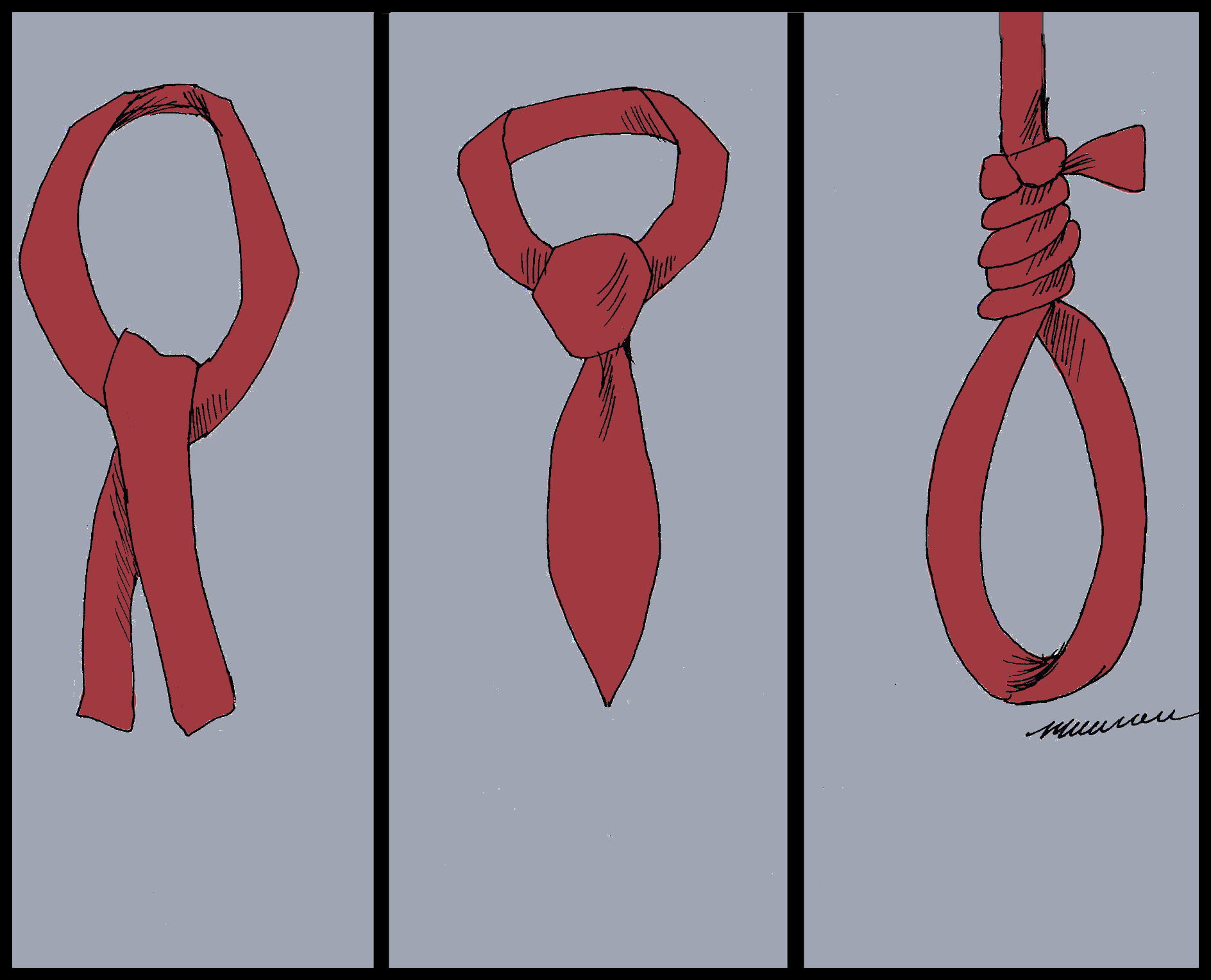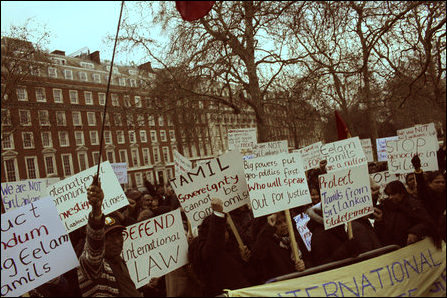The Sri Lanka Campaign for Peace and Justice has released a series of witness stories from the final war zone in Sri Lanka during the past week, marking the run up to a vote on a resolution regarding Sri Lanka at the UN Human Rights Council.
The stories have been released under the pseudonym "The Social Architects", who compose of a group of writers that have collected witness testimonies.
Extracts from the stories have been reproduced below. See all eight stories on their blog here.
Rasadurai’s story:
“They used phosphorous bombs in Udaiyarkaddu... It melted tarpaulins and the pieces fell onto the people below and burned them. It keeps burning once it gets on the skin. I saw one man badly burned by phosphorous lying on banana leaves.”
“They used a variety of types of cluster bombs. The main bomb explodes in the air and splits into many pieces. One kind of cluster bomb, used in Iranaipalai, produced colorful ribbons. Children were attracted and picked pieces up; as they handled the pieces they exploded.”
“The Army soldiers were throwing grenades into the bunkers and killing the people all night.”
“One soldier said in Sinhala, “The commander has given the order to kill everyone.” They ordered us to remove our upper clothes. Then we argued, “We are priests. These are children.”... They had black cloths tied around their faces and they were like animals ready to kill.”
“We walked on the road past burning vehicles with charred corpses under them. It was a scene like hell. The soldiers were laughing, saying, “We have killed Pirapakaran, Pottu Amman, and all the leaders, and now you are our slaves.””
“There were about fifty soldiers who had piled up about three hundred naked corpses. They had placed tube lights to show off all the bodies, and they were laughing and taking photos of them. It was like a celebration. “
“The first week of internment at Menik Farm we had no food or water and no toilet... We felt our lives were in danger there... They treated us like animals.”
Shamanthi's story:
“I don’t know if my husband was killed or if he is alive. This is why for two years I have refused to go to Canada where my father is living. Until I know more about my husband, I don’t want to go there. On Maveera Nal (Heroes Day), my daughter wished to light the lamp of her own accord. I didn’t stop her because she is used to this culture as a Tamil. She can follow our traditions. I should raise my children with good education, then they can decide for themselves. We will support the Tamil people.”
Kutty’s story:
“People put up shelters close to the hospital for safety because they believed the Army wouldn’t attack the hospital. “
"The Army announced that Matalan was a No Fire Zone... Then the Army started to shell the Matalan hospital and people who had constructed shelters around it. The Army used phosphorous bombs and cluster bombs. I was there when the bombs fell and I saw them. Phosphorous bombs produced smoke that would make breathing very difficult. Some bombs burned human bodies. We were surrounded by empty land so we could see what was happening around us. People were crying with the bodies of their relations because there was no place to take them. My uncle and his son died from this phosphorous. They were in a tent over a shallow bunker; the phosphorous split bodies into pieces.”
“On May 19, at around 3:00 in the morning, I could hear women’s voices a hundred meters away. The Army was in the place where there were injured LTTE women in tents. I heard the women screaming, “Leave me alone Sir! Let go of me Sir!” (“Vidungo Sir!”). Then I heard gunshots and after that I didn’t hear any sound coming from there.”
“The government fought with LTTE - that’s over – Kilinochchi belongs to Tamil people but the government is building Buddhist temples and settling Sinhalese people there. It is not fair. We have nothing to lose anymore. We have lost everything. “
“Now there is no freedom for Tamil people, and everything has become only loss.”
Read all the stories on the Sri Lanka Campaign for Peace and Justice’s blog here.





